-
•
•
9 responses
Throughout my time studying President Nelson’s conference addresses, I observed that one topic that he came back to over and over is families. Whether it be decrying the fragmentation of families, encouraging men to pay more attention to their wives, or offering encouragement to women who are mothers, Russell M. Nelson has had a lot to say about families over the years. In discussing this topic, this puts us here in the overall scheme of thing: Introductory Thoughts President Nelson’s Favorite Topics and Phrases God and Power The Church, Priesthood, and Gathering Israel Family Plan of Salvation Examining the Sources… Read More
-
•
•
9 responses
John Turner’s well-known biography Brigham Young: Pioneer Prophet (Harvard University Press, 2012) provides one of the most well-rounded and in-depth look at the second president of the Church of Jesus Christ of Latter-day Saints. It remains today one of the definitive biographies of an incredibly complicated man and leader. Recently, Kurt Manwaring sat down with the author to discuss the book after eight years of time to reflect on the volume and on the prophet it discusses. What follows here is a co-post, with excerpts and commentary on the interview. For the full effect, however, I recommend going over and… Read More
-
•
•
13 responses
The Interpreter has recently published two reviews of William L. Davis’ Visions in a Seer Stone. The two reviews, by Brant Gardner and Brian Hales, exemplify what I think are positive trends in Latter-day Saint contributions to Mormon Studies. Read More
-
•
•
4 responses
Last year, the Church released the guidelines by which a committee was evaluating hymns and songs for inclusion in the next hymnbook and children’s songbook and a list of topics they wanted to see more hymns about. What surprised me as I studied President Russell M. Nelson’s general conference talks was how frequently the list of topics the hymnbook committee wanted to see more hymn submissions focus on lined up with what seemed to be President Nelson’s favorite topics: “Praise and Worship”, “The Atonement of Jesus Christ”, “The Plan of Happiness”, “Gospel Learning and Revelation”, “The Family of God”, “Our… Read More
-
•
•
14 responses
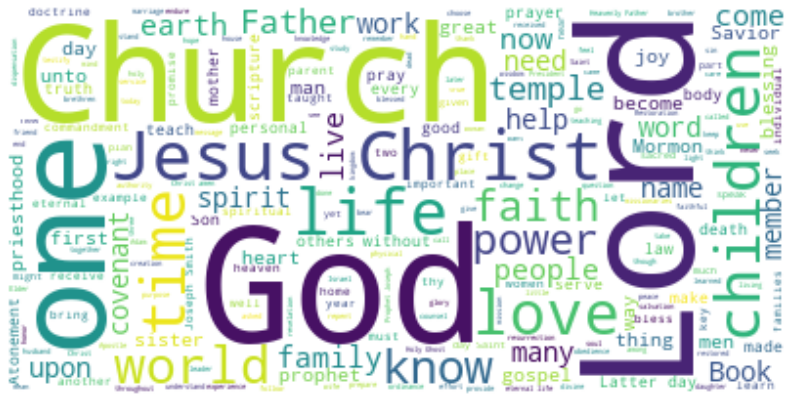
This is the beginning of the second part of my analysis of President Russell M. Nelson’s general conference talks, focusing on his favorite topics and statements. In looking at what President Nelson talks about, I tried to take a few approaches to understand his favorite topics objectively. Approaches included word count analysis of his talks and the titles of his talks, noting topics that come up frequently across his talks as I read them, looking at the focus of initiatives that have come out under his administration, and observing key phrases that come up on a repeated basis. For the… Read More
-
•
•
16 responses
Our unhappy political moment has unfortunately corrected a longstanding asymmetry in ideologically-driven exit options. Read More
-
•
•
30 responses
A couple years back—not long after President Russell M. Nelson was sustained as President of the Church of Jesus Christ of Latter-day Saints—Elder Neil L. Anderson spoke of a project his wife undertook: While my wife, Kathy, has known President Nelson personally for nearly three decades and has no question about his divine mantle, upon his setting apart, she began reading all his general conference talks of the past 34 years, praying for an even deeper assurance of his prophetic role.[1] Now, unlike Sister Anderson, I do not know President Nelson personally and, to be frank, he was never one… Read More
-
•
•
9 responses
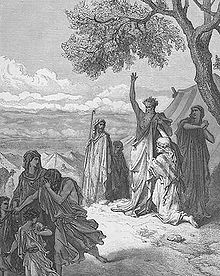
In a candid moment in January 1858, an early Church leader named Zerah Pulsipher told his family that: “Most of you are young therefore you have the advantage of me because [yo]u have less Gentile Traditions to over com[e].”[1] This is an interesting observation from Pulsipher—all of the early Church members (including leaders) were converts to the Church and they brought much of their previous beliefs and traditions with them into the Church, including many good and correct beliefs, but also some incorrect beliefs as well. In the latest volume of the official history of the Church, an example of… Read More
-
•
•
31 responses
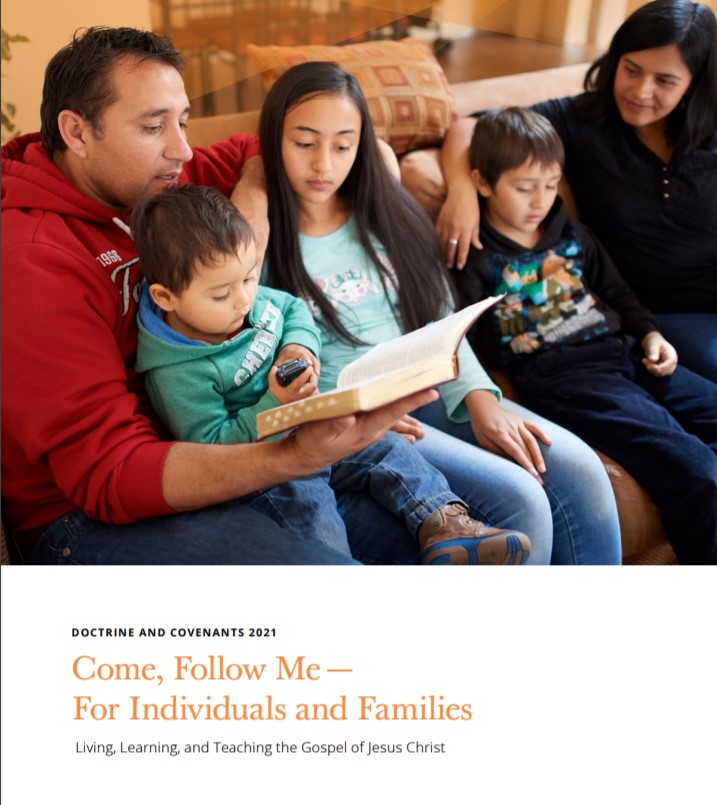
The “Come, Follow Me” manuals for 2021’s course of study are available online now. Looking ahead to the next year, I have been curious to see if they were going to stick strictly to the scriptures related to the history of our modern dispensation (Doctrine and Covenants and parts of the Pearl of Great Price), or if they were going to focus on our Church’s history via the Saints volumes and have relevant sections of the scriptures discussed along the way. The authors the manuals chose to go with the former, focusing on the scriptures—with a major exception. On the… Read More
-
•
•
14 responses
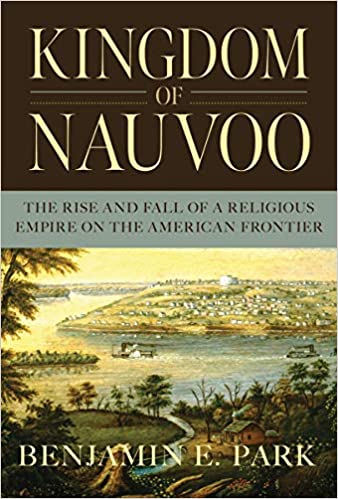
I recently read (okay, listened to) Benjamin Park’s book Kingdom of Nauvoo: The Rise and Fall of a Religious Empire on the American Frontier. Park has produced a rich piece of scholarship with fascinating details about the period, some of them from documents released just in the past few years. Much of what I enjoy from these histories are the rich detail they provide of both important and quotidian events. For example, here’s a depiction of the first baptism for the dead: “The first vicarious ritual, which saw [Jane] Neyman baptized on behalf of her son in the Mississippi River on… Read More
-
•
•
31 responses
For something relatively out of the blue, I want to take a moment to consider potential future candidates for the Quorum of the Twelve. The Quorum of the Twelve and the First Presidency are the highest in authority in the Church and are important in policy making and in defining the doctrine of the Church, so the people who are chosen to serve in these quorums are important to Church members. I believe that it’s best to not talk about these types of things in the aftermath of a death in their ranks (or when the possibility of such is… Read More
-
•
•
78 responses
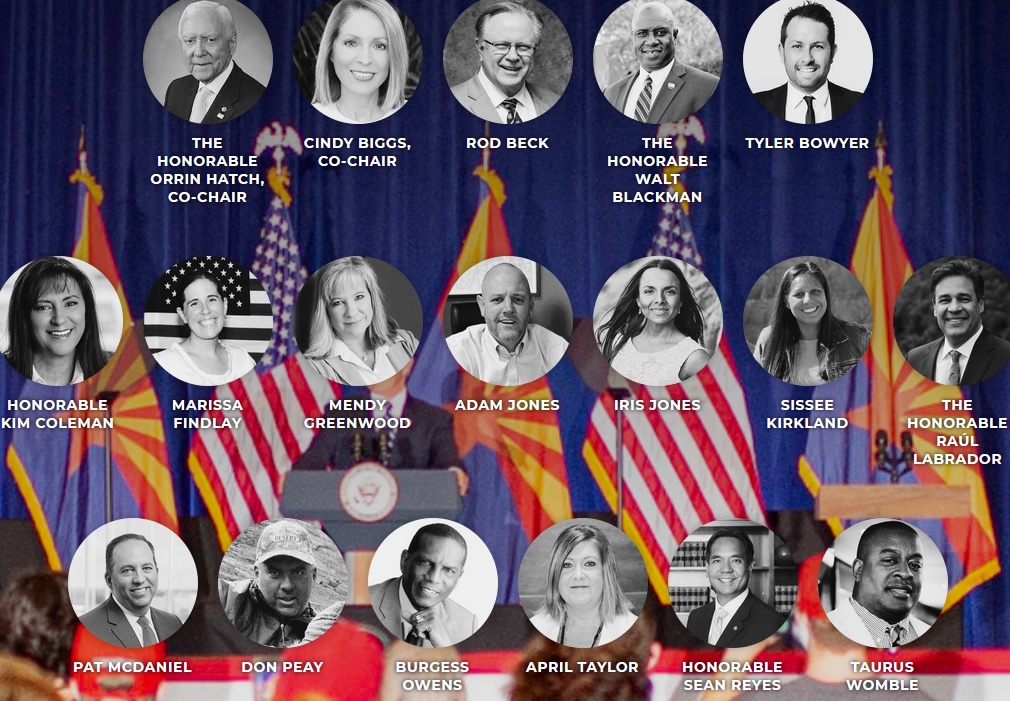
They’re not wrong. Not about everything. I disagree with their choice of candidate. What they want would have—has had—disastrous results, but that doesn’t mean they’re entirely wrong. Read More
-
•
•
8 responses

If you were to ask someone what the founding vision of the Restoration was at different points in our history, I suspect that you would get different answers. Certainly, for us today, the First Vision stands out. Throughout much of the nineteenth century, however, it seems that the visit of the Angel Moroni was what came to mind for Latter-day Saints. While the First Vision was spoken of and appeared in some Church publications from the 1840s onwards, the visit of Moroni was more central to Latter-day Saint thought and proselyting efforts. Yet, it was eventually eclipsed by Joseph Smith’s… Read More
-
•
•
4 responses
This week’s Come, Follow Me lesson covers the story of Nephi praying on a tower in his garden, drawing a crowd, and revealing facts about the murder of the chief judge that he could only know through revelation. As I read the lesson, I felt like the story was highly dramatic! So, for my family, I adapted the story into a short play and added a few discussion questions at the end. I share it here in case it’s useful for your family. You can download the PDF of the play (which probably runs about five minutes) and it’s also… Read More
-
•
•
17 responses
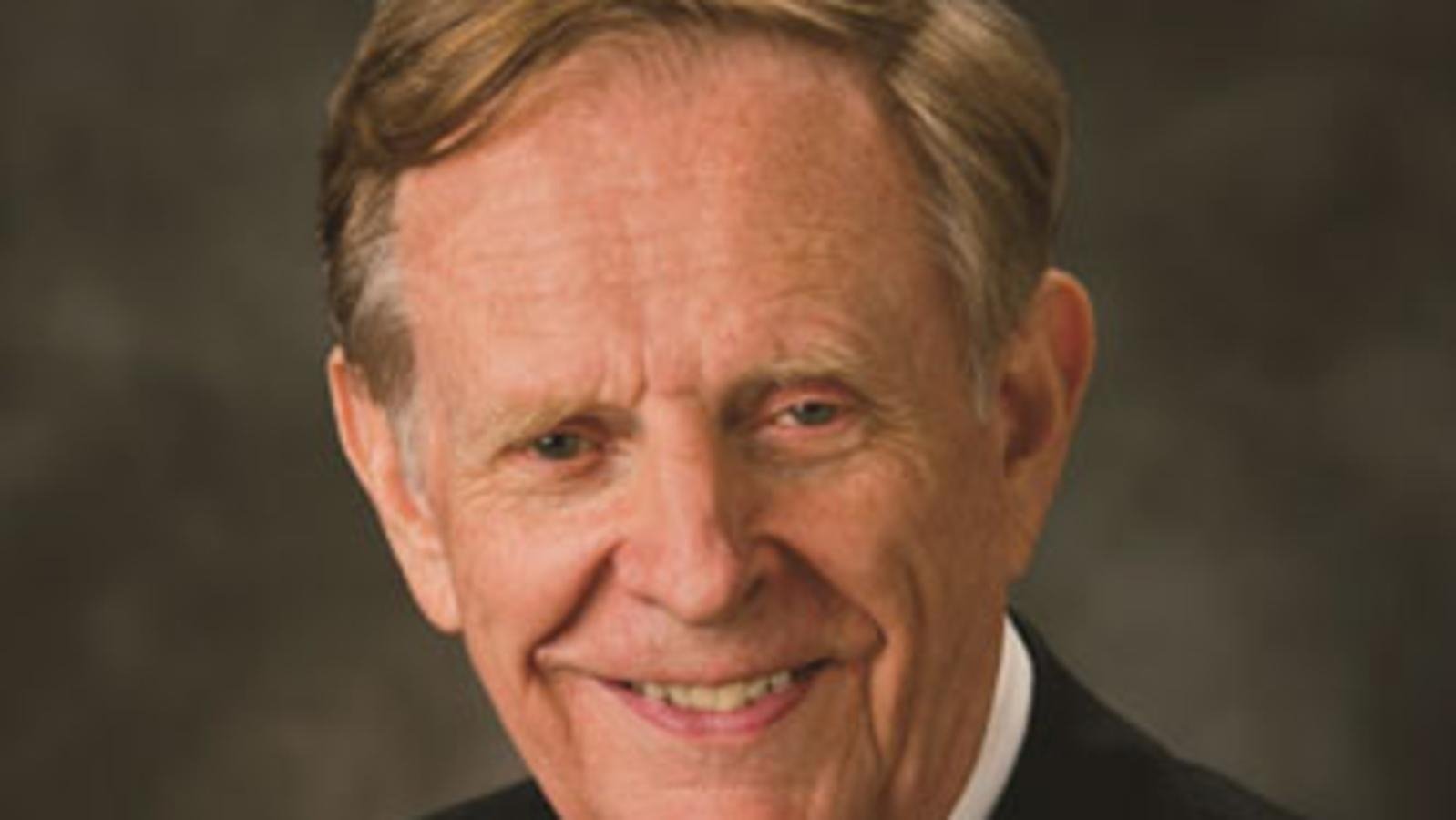
We round out the 10 questions interview series on Joseph Smith’s translation with a discussion between Richard L. Bushman and Kurt Manwaring about the gold plates. We’ve had a good run of interviews with scholars who have worked hard to examine the essential historical records surrounding Joseph Smith’s translation projects in order to find a greater understanding of what Joseph Smith and his colleagues said and did as they worked on the Book of Mormon, the Joseph Smith Translation of the King James Bible, and the Book of Abraham. These interviews include two interviews with the editors of Producing Ancient… Read More
-
•
•
10 responses
Following on Chad’s recent discussions, I’m happy to share another offering in what has become a T&S mini–series on the recent volume Producing Ancient Scripture: Joseph Smith’s Translation Projects in the Development of Mormon Christianity (Salt Lake City, UT: The University of Utah Press, 2020). Editors Mark Ashurst-McGee and Mike MacKay here respond to my questions on the genesis of the volume and its implications. The intriguing question of “what we talk about when we talk about Joseph Smith’s translation activities” has enjoyed extraordinary scholarly attention in 2020. Producing Ancient Scripture offers an embarrassment of riches, with twenty authors approaching the… Read More
-
•
•
38 responses

We’re continuing our discussion of Joseph Smith’s translations and the recently-released volume Producing Ancient Scripture today, turning to the Book of Abraham in an interview with Matthew Grey. This is a co-post to Kurt Manwaring’s interview with Matthew Grey, where he discusses his research about the ways in which Joseph Smith’s study of Hebrew affected the translation of the Book of Abraham. To read the full interview, which I highly recommend, follow the link here. Last week, we discussed how Joseph Smith seems to have drawn upon contemporary scholarship (the Adam Clarke commentary) as part of his translation of the… Read More
-
•
•
23 responses

Kurt Manwaring has continued his interviews focusing on Joseph Smith’s translations with a discussion with Thomas Wayment about the Joseph Smith Translation of the Bible. In the interview last week, some of the editors of recently-published volume Producing Ancient Scripture made a point of discussing the findings of Thomas Wayment and Hayley Wilson-Lemmón about the influence of Adam Clarke’s Bible commentary on the Joseph Smith Translation. We’re excited to share a co-post of an interview with Dr. Wayment this week, where he shares more details about their research. What follows here is a summary with some commentary on the interview,… Read More
-
•
•
3 responses

Alma the Younger strikes me as one of the sterner of the prophets, which makes sense if you consider his background. I know a few people in my life who have had similar, if less spectacular trajectories. It’s not an ironclad rule that those who wander tend to be more intense about obedience on their return, but it’s at least a correlation. And that has colored how I read his words, especially in the letters / commands to his sons and especially in the chapters addressed to Corianton. Something changed for me as I read these chapters in preparation for… Read More
-
•
•
8 responses
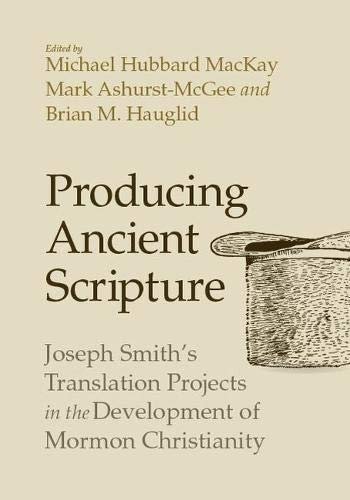
It has been a big year for volumes that discuss Joseph Smith’s translation projects, with contributions ranging from Terryl Givens and Brian Hauglid’s The Pearl of Great Price: Mormonism’s Most Controversial Scripture last October, to William L. Davis’s Visions in a Seer Stone: Joseph Smith and the Making of the Book of Mormon this April, to Samuel Brown’s Joseph Smith’s Translation: The Words and Worlds of Early Mormonism in May, and a few other notable works. One book in particular, however, has recently been billed as groundbreaking and potentially one of the most foundational contributions to the subject: Producing Ancient… Read More
-
•
•
16 responses
I’ve heard multiple people say how much they’ve enjoyed the last five months of home church. Studying the scriptures however they want, and worshiping each Sunday as a family? More, please. Now that my ward has resumed meeting, there’s a lot to miss about home church. Read More
-
•
•
44 responses
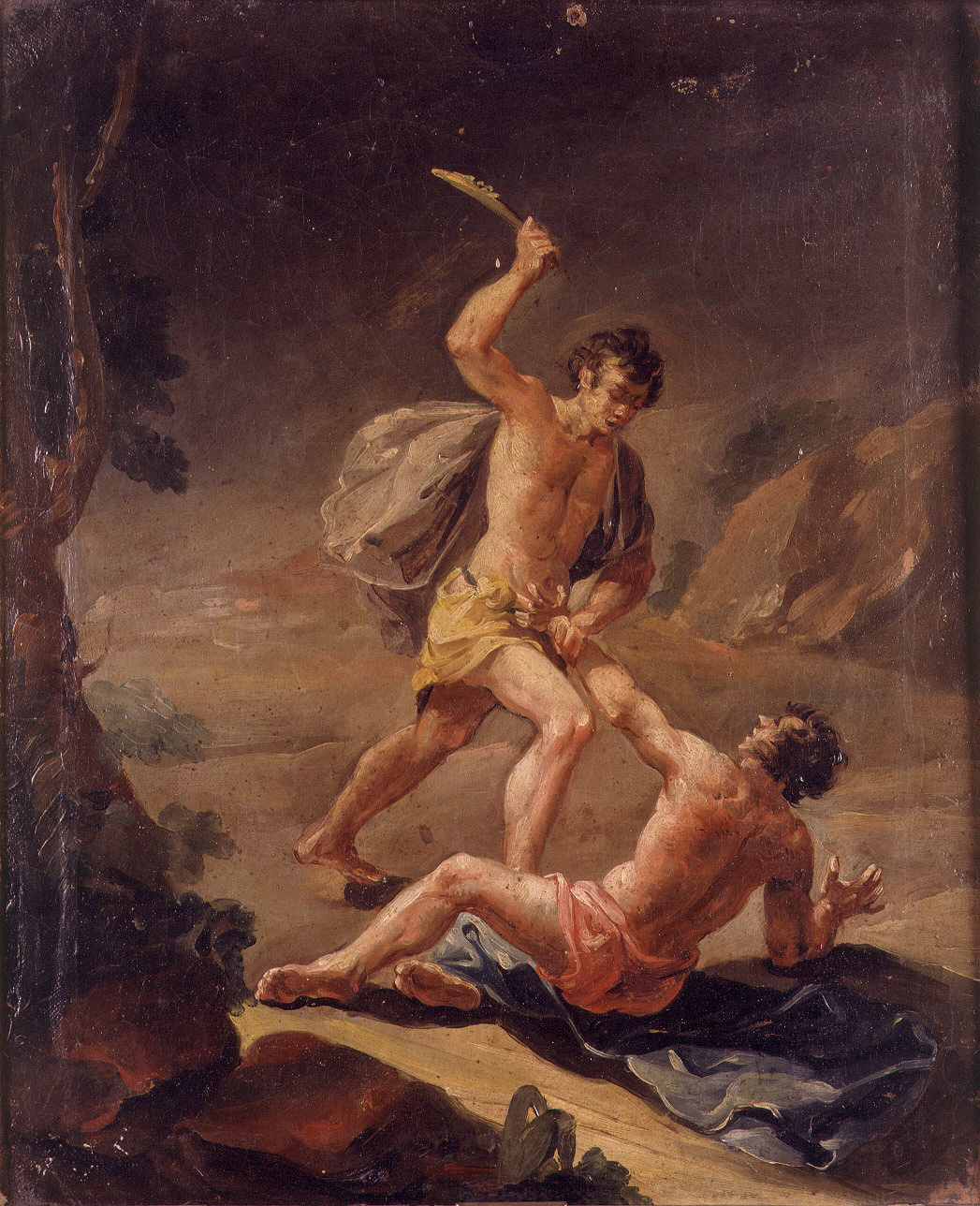
Eugene England once shared an experience he had with the prominent Latter-day Saint Church leader, scriptorian, and doctrinaire Joseph Fielding Smith. President Smith had written extensively on the subject of the priesthood and temple ban against individuals of black African ancestry, offering rationales for the ban that have since been disavowed by the Church. During that time, England sought out the opportunity to meet with President Smith and recorded that: I told President Smith about my experiences with the issue of blacks and the priesthood and asked him whether I must believe in the pre-existence doctrine to have good standing… Read More
-
•
•
37 responses

Understanding the nature of Joseph Smith’s translation efforts is an important part of understanding his ministry and the religions that have emerged from the early Latter Day Saint movement. Whether the Book of Mormon, the Joseph Smith Translation of the Bible, the Book of Abraham, or (as some might argue) the temple endowment ceremony, his translations are both very important and very controversial. Kurt Manwaring has begun a month-long series of 10-questions interviews with people who are researching and writing about those translations, beginning with Sam Brown, who recently published Joseph Smith’s Translation: The Words and Worlds of Early Mormonism… Read More
-
•
•
11 responses

As I’ve been studying the “Come, Follow Me” material lately and talking about it with family, I’ve had a quote from Michael Crichton’s book Jurassic Park come to mind a few times. There are a few statements in this section of Alma that have brought it to mind. The first is found in Amulek’s words to the Zoramites. He tells them to not delay repentance because: “Behold, this life is the time for men to prepare to meet God’ yea, behold the day of this life is the day for men to perform their labors” (Alma 34:32). While I’ve discussed… Read More
-
•
•
19 responses

History is a fascinating world to explore, with many twists and turns along the way as we come to understand more about the narratives we have received and how they were formed. Each generation of historians has the opportunity to try and peel back the world we live in and get at the truth of what happened in the past. A fascinating example of this was discussed in a recent 10 questions interview with Gary Boatright, the operations manager for Church historic sites. What follows here is a co-post to Kurt Manwaring’s interview—a summary with some commentary and quotes from… Read More
-
•
•
3 responses
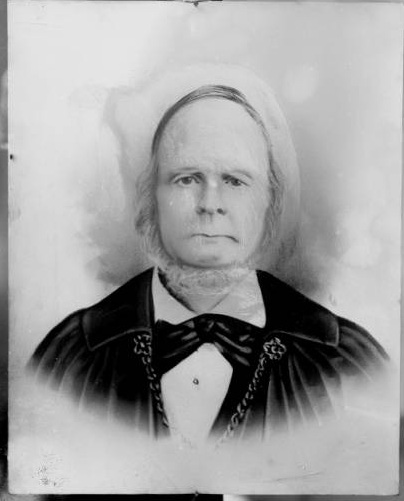
In the movie version of the popular Harry Potter series, a father-figure to the titular character tells Harry that: “The world isn’t split into good people and Death Eaters [henchmen of the main villain]. We’ve all got both light and dark inside of us.” While a fantasy film, there is a kernel of truth in the statement—we are all complex people, with goodness and evil in each of us. Whether intentional or not, we have failings and blind spots and we fall short being the best person we could be. Sometimes it is difficult to realize that to be true… Read More
-
•
•
43 responses
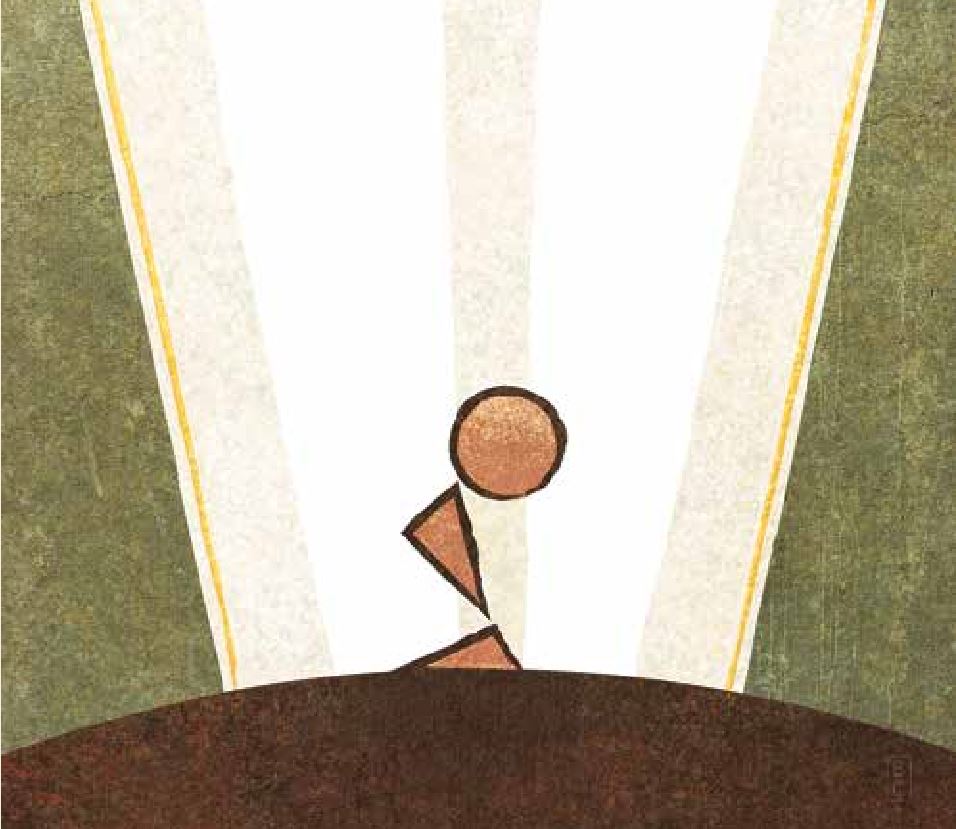
Before I move on from discussing the First Vision, I wanted to share something that I find exciting. Once in a while in Mormon studies journals, special volumes focus on the First Vision—such as the Spring 1969 issue of BYU Studies and a 1980 volume of the Journal of Mormon History. These volumes, along with a few other essays, books, and articles published from time to time form the backbone of the academic discussion about Joseph Smith’s earliest visionary experience. The latest volume of BYU Studies, as it turns out, is the next volume to focus on the topic of the First Vision, featuring papers… Read More
-
•
•
24 responses
John Hammond’s Quest for the New Jerusalem: A Mormon Generation Sagastates that Sidney Rigdon, “by his own admission, ‘made up’ religious experiences in his youth,” which seems like something worth looking into. Read More
-
•
•
53 responses
Edited with author’s note on the comments at end of post. Abortion is a hot-button issue. Maybe the hot-button issue. That’s why–after finishing a draft of this post in November of 2019–I sat on it for almost a year. I’ve rewritten it and am posting it because I’ve realized it’s important to understand not only the what of the Church’s position, but also the why. This is tough, since the Church has a publicly available policy on abortion but no single, authoritative theological rationale for the policy. This provides a certain amount of leeway in interpreting and applying the Church’s… Read More
-
•
•
20 responses
How do we account for differences between the various accounts we have on record of the First Vision? What role does memory play in how it was presented over time? How have we viewed those accounts since they were first recorded? These are big questions that are central to our understanding of Joseph Smith’s experience. Steven C. Harper took a look at these questions and more in his book First Vision: Memory and Mormon Origins (Oxford University Press, 2019) and also sat down recently for a 10 questions interview with Kurt Manwaring to talk about his book and the First… Read More
